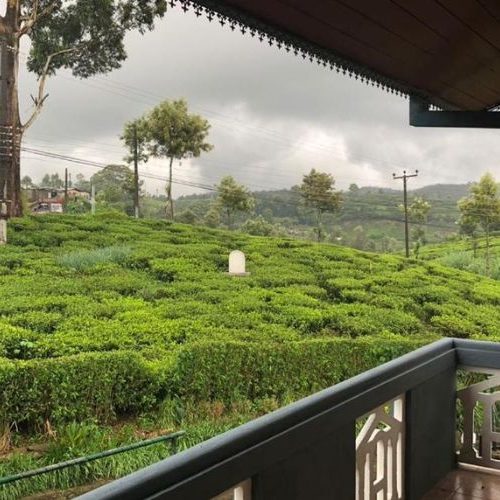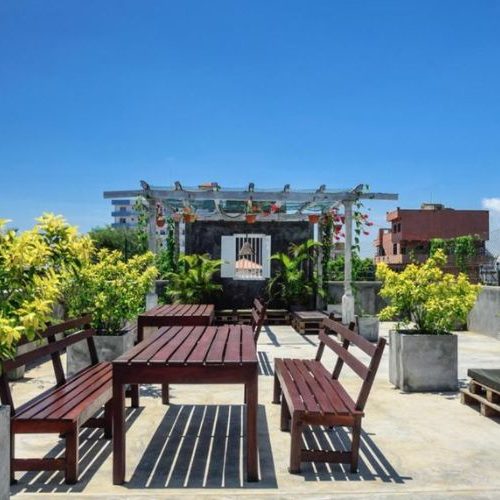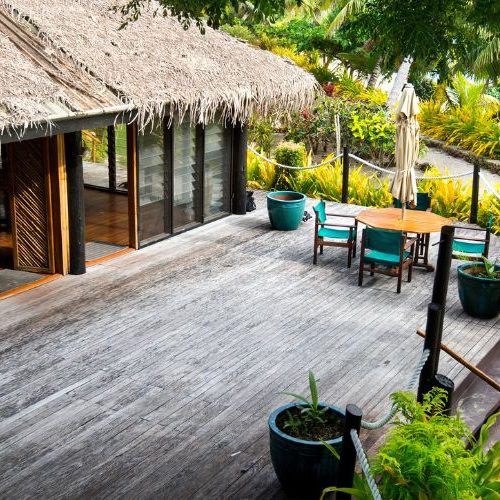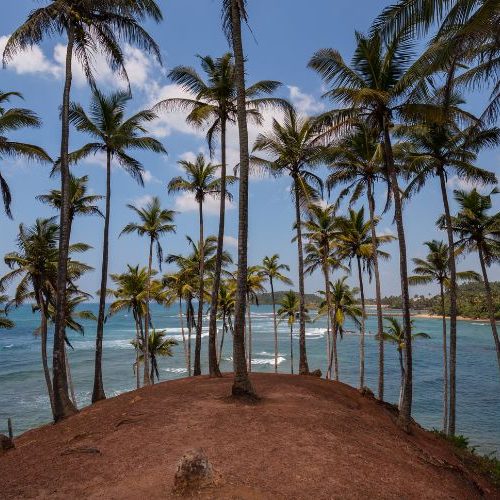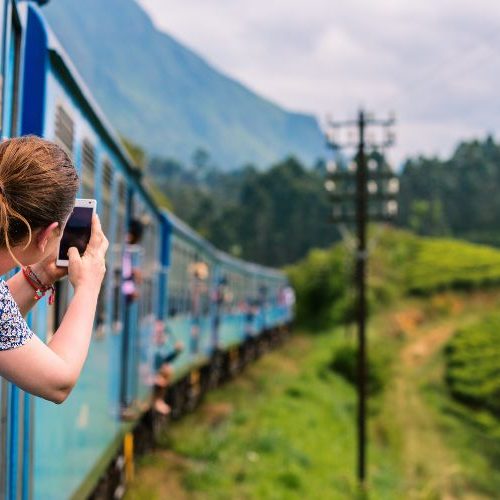Sri Lanka is a beautiful island nation with a rich cultural heritage, stunning landscapes, and friendly locals, making it a popular destination for travelers worldwide. However, as with any travel experience, it’s important to stay informed and prepared to ensure a safe and enjoyable trip. Below are some key travel tips and safety advice for exploring Sri Lanka.
Health & Safety
Vaccinations: Ensure your routine vaccinations (such as tetanus, diphtheria, and polio) are up-to-date before traveling to Sri Lanka. It’s also advisable to consider vaccines for Hepatitis A, Hepatitis B, and Typhoid, especially if you plan to eat street food or visit rural areas.
Mosquito Protection: Sri Lanka has tropical weather, and mosquitoes are common, particularly in areas with standing water. To protect yourself from diseases like dengue, wear long-sleeved clothing, use insect repellent with DEET, and sleep under a mosquito net if necessary.
Drinking Water: Tap water in Sri Lanka is not recommended for drinking. Stick to bottled water, which is widely available, or boil and filter water before consuming.
Emergency Numbers: It’s always good to be prepared. In case of emergencies, you can dial the following numbers:
- Police Emergency Hotline: 118 / 119
- Ambulance / Fire & rescue: 110
- Suwa Seriya Ambulance Service (Free Ambulance Service): 1990
- Accident Service – General Hospital, Colombo: 0112691111
- Tourist Police: 0112421052
- Police Emergency: 0112433333
- Government Information Center: 1919
- Report Crimes: 0112691500
- Emergency Police Mobile Squad: 0115717171
- Fire & Ambulance Service: 0112422222
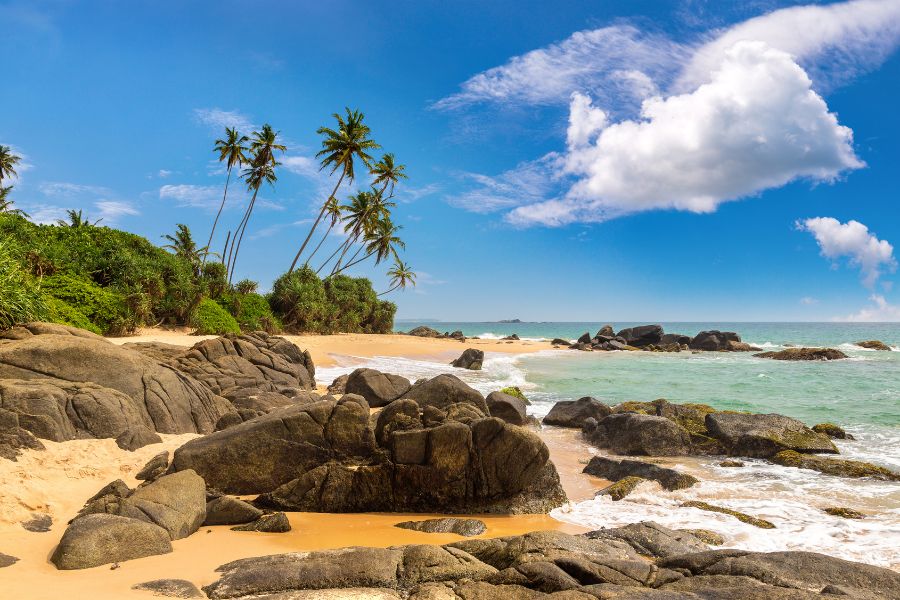
Cultural Etiquette
Dress Modestly: Sri Lanka is a predominantly Buddhist country with conservative values. When visiting temples or religious sites, dress modestly—cover your shoulders and knees. Footwear must be removed before entering temples.
Respect Local Customs: Show respect when visiting religious places. Don’t pose for photographs with your back to Buddha statues, and avoid touching religious artifacts. It’s also considered impolite to point with your finger, so use your whole hand or nod instead.
Greetings: While shaking hands is common, many Sri Lankans greet with a friendly smile and a slight bow with hands clasped together (called an Ayubowan gesture). This is a traditional greeting that conveys respect and well wishes.

Transportation Tips
Road Safety: Roads in Sri Lanka can be narrow and winding, particularly in rural areas. Traffic can be chaotic in cities, with cars, buses, tuk-tuks, and motorcycles all vying for space. When crossing streets, always use pedestrian crossings where possible, and be cautious of fast-moving vehicles.
Public Transport: While buses and trains are affordable ways to get around, they can be overcrowded during peak hours. For long-distance travel, it’s advisable to book train tickets in advance, especially for scenic routes like Kandy to Ella. If using tuk-tuks, try to use metered ones or agree on a price before your ride.
Driving in Sri Lanka: If you plan on renting a car or scooter, you’ll need an International Driving Permit (IDP). Be aware that driving is on the left side of the road, and roads in more rural areas may be in poor condition.

Currency & Money Matters
Local Currency: The currency in Sri Lanka is the Sri Lankan Rupee (LKR). It’s a good idea to carry cash, especially when visiting smaller towns, as credit cards may not always be accepted.
ATMs & Exchange Rates: ATMs are widely available in cities and larger towns, though they may not be as common in rural areas. It’s advisable to withdraw cash from ATMs attached to banks for security. Currency exchange services are available at the airport, banks, and authorized money changers. Be sure to carry small bills, as it can sometimes be difficult to get change for larger notes.
Tipping: Tipping is not mandatory but appreciated. In restaurants, a 10% tip is generally expected if service is good. For taxi drivers, rounding up the fare is customary.

Communication & Connectivity
SIM Cards & Internet: Upon arrival, you can easily purchase a local SIM card at the airport or in major cities, which will give you access to mobile data and local calling. Major providers include Dialog, Mobitel, Hutch and Airtel. Most hotels and cafes offer free Wi-Fi, but it’s a good idea to have a local SIM for reliable connectivity while traveling.
Language: While Sinhala and Tamil are the official languages, English is widely spoken, especially in tourist areas, hotels, and restaurants.

Food & Drink
Street Food: Sri Lankan street food is delicious, but it’s essential to eat from clean and reputable vendors. Stick to freshly cooked items and avoid anything that looks like it’s been sitting out for too long. Popular dishes include Kottu Roti, Hoppers, and Samosas.
Spicy Food: Sri Lankan food can be very spicy, so if you’re not used to it, request a milder version when ordering. Restaurants and hotels catering to tourists often tone down the spice levels for foreign visitors.
Alcohol: Sri Lanka has a strict licensing system for alcohol. Many restaurants don’t serve alcohol unless they have a liquor license. However, you can buy alcohol at licensed stores, though prices may be higher in tourist areas.

Travel Insurance
Insurance Coverage: Ensure you have comprehensive travel insurance that covers health, accidents, theft, and cancellations. Given Sri Lanka’s diverse terrain, which includes mountains, beaches, and jungles, having insurance that covers adventure activities is a good idea if you plan on trekking, surfing, or diving.

General Safety Tips
Petty Theft: Although Sri Lanka is generally safe, petty theft can happen in crowded places or tourist areas. Keep your belongings secure, avoid displaying valuables, and use hotel safes when available.
Solo Travel: Sri Lanka is relatively safe for solo travelers, including women. However, it’s always a good idea to stay cautious, especially when traveling at night or in unfamiliar areas. Stick to well-lit, populated areas and avoid remote locations after dark.
Natural Disasters: Sri Lanka experiences monsoon seasons and, in rare cases, tsunamis. Be sure to check weather reports if traveling during the rainy seasons and stay updated on safety alerts, especially if traveling to coastal areas.




